Judgment and Decision-Making

Orange is a global telecommunications operator with over 140,000 employees and over 260 million customers worldwide. It operates in 26 countries and had sales of 42.3 billion euros in 2020. It has committed to achieving net zero carbon emissions by 2040 and prioritizing digital equality.

Orange is a global telecommunications operator with over 140,000 employees and over 260 million customers worldwide. It operates in 26 countries and had sales of 42.3 billion euros in 2020. It has committed to achieving net zero carbon emissions by 2040 and prioritizing digital equality.
You work for Orange. You are about to launch a marketing campaign in the United Kingdom of Great Britain and Northern Ireland. You have already devised a global advertisement of your services with the slogan: ‘The future’s bright, the future’s Orange.’


You have gathered information from the focus group session: 12 out of 15 participants had positive reaction to the ad and the slogan.


You have identified a problem with the slogan in Northern Ireland: in particular, it doesn’t seem to appeal to Catholics.


You have conducted a quantitative survey among 384 respondents from Northern Ireland which confirms the conclusions from the focus group. You are considering options for a different slogan to be used there. The survey has indicated a negative reaction to the colour orange.


You work in the Marketing Department at Orange and are to prepare a proposal to the Marketing Director about the slogan to be used in Northern Ireland. You have decided on ‘The future is bright’. How are you going to develop your line of argumentation?



Orange UK was launched in 1994 as a mobile network operator and internet service provider in the United Kingdom. The Orange brand was created by a marketing team led by Chris Moss. The launch is considered one of the most successful in marketing history. The brand consultancy Wolff Olins was commissioned with the design of the logo, and advertising agency WCRS created the slogan ‘The future's bright, the future's Orange’, which was shortened to ‘The Future’s Bright’ in 2005, and finally dropped in 2008. In 2019 the Orange service was discontinued in the United Kingdom.
In 1996, Orange had to change its marketing strategy in Northern Ireland and even dropped its slogan ‘The future’s bright, the future’s Orange’ there. At the time Northern Ireland was caught in a conflict called the Troubles (1969 – 1998), a period of sectarian violence involving unionists (mostly Catholics) and loyalists (mostly Protestants). In Northern Ireland the colour orange was primarily associated with the Orange Order, a Protestant fraternal organization. As a result, rather than the intended meaning, the implied message in the slogan was that the future was Protestant loyalist, an idea Irish Catholics would have resented.
These persistent attitudes made drinks company Volvic drop its advertising campaign with the slogan ‘Orange and Proud’ in Ireland, Northern Ireland, and Scotland in 2016 among fears it might be offensive to Catholics while the campaign still ran in Wales and England as a ‘fun and positive statement.’
Reference link
https://www.independent.co.uk/news/the-future-s-not-so-bright-as-orange-gets-the-red-light-in-ulster-1328424.html
https://www.bbc.com/news/uk-scotland-37107478
